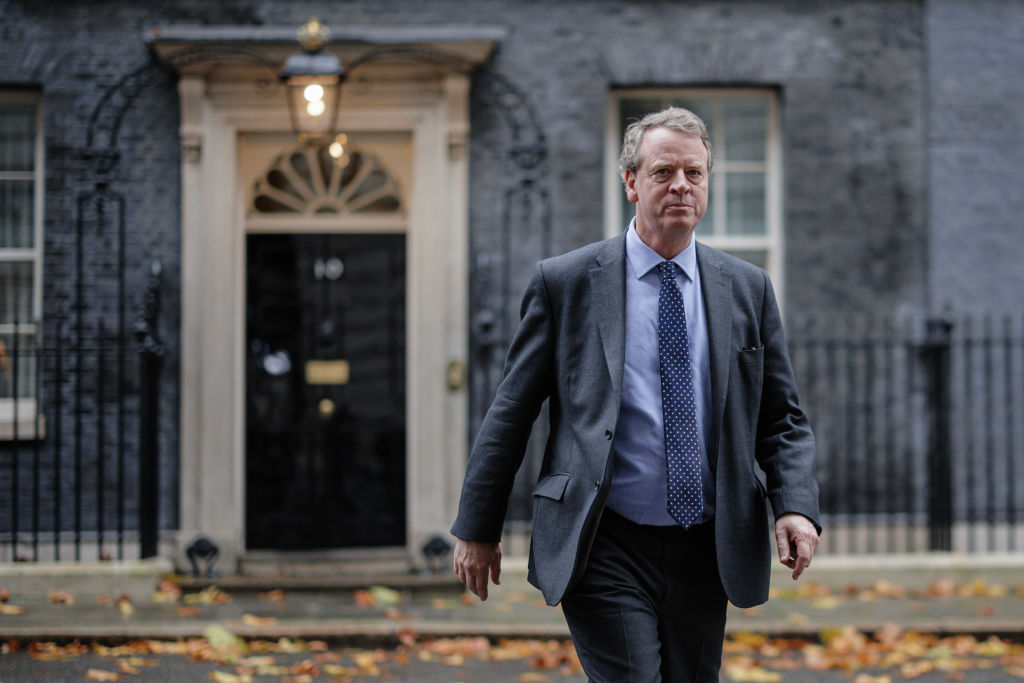The UK government has this evening confirmed that ministers will move to prevent the Scottish government’s gender recognition legislation from receiving Royal Assent. Announcing the decision in a statement, Scottish Secretary Alister Jack said he had made the decision to make an order under Section 35 of the Scotland Act to stop the legislation passing – on the grounds that it ‘would have an adverse impact on the operation of Great Britain-wide equalities legislation’.
This is the first time in the history of the devolution settlement that the government will make a Section 35 order to block a bill in the Scottish parliament. The concern in Westminster has been that the proposed legislation – which relaxes rules around gender self-ID and therefore gender recognition certificates – could compromise the 2010 Equality Act. Jack cites this as the reason for the action in his statement – adding that the decision has not been taken lightly:
After thorough and careful consideration of all the relevant advice and the policy implications, I am concerned that this legislation would have an adverse impact on the operation of Great Britain-wide equalities legislation.
Transgender people who are going through the process to change their legal sex deserve our respect, support and understanding. My decision today is about the legislation’s consequences for the operation of GB-wide equalities protections and other reserved matters.
So, what happens now? Rishi Sunak’s decision will be welcomed by many in the Tory party – including those on the right of the party. It will be decried by some on the left as the party leaning into a culture war over trans rights. Notably Scottish Tory MPs are keen to play down this element – suggesting only a few changes are required and that it is down to consistent legislation rather than a hardline stance on the issue.
While the Bill has effectively been blocked, it doesn’t mean it will stay that way. Jack makes clear in his statement that with amendments to the Bill, it could be given Royal Assent:
If the Scottish Government chooses to bring an amended Bill back for reconsideration in the Scottish Parliament, I hope we can work together to find a constructive way forward that both respects devolution and the operation of UK Parliament legislation.
Yet for all Jack’s talk of his hopes for a ‘constructive way forward’ the move is more likely to lead to conflict than resolution. It has already been met with anger from the Scottish government – as well as trans rights campaigners. Responding to the news, Nicola Sturgeon has called it ‘a full-frontal attack on our democratically elected Scottish Parliament and its ability to make its own decisions on devolved matters’ – warning ‘if this Westminster veto succeeds, it will be first of many’. Her statement raises the possibility that the Scottish government could try to fight the decision in court. Expect the decision to be cited by the SNP as further evidence of the need for independence.







Comments